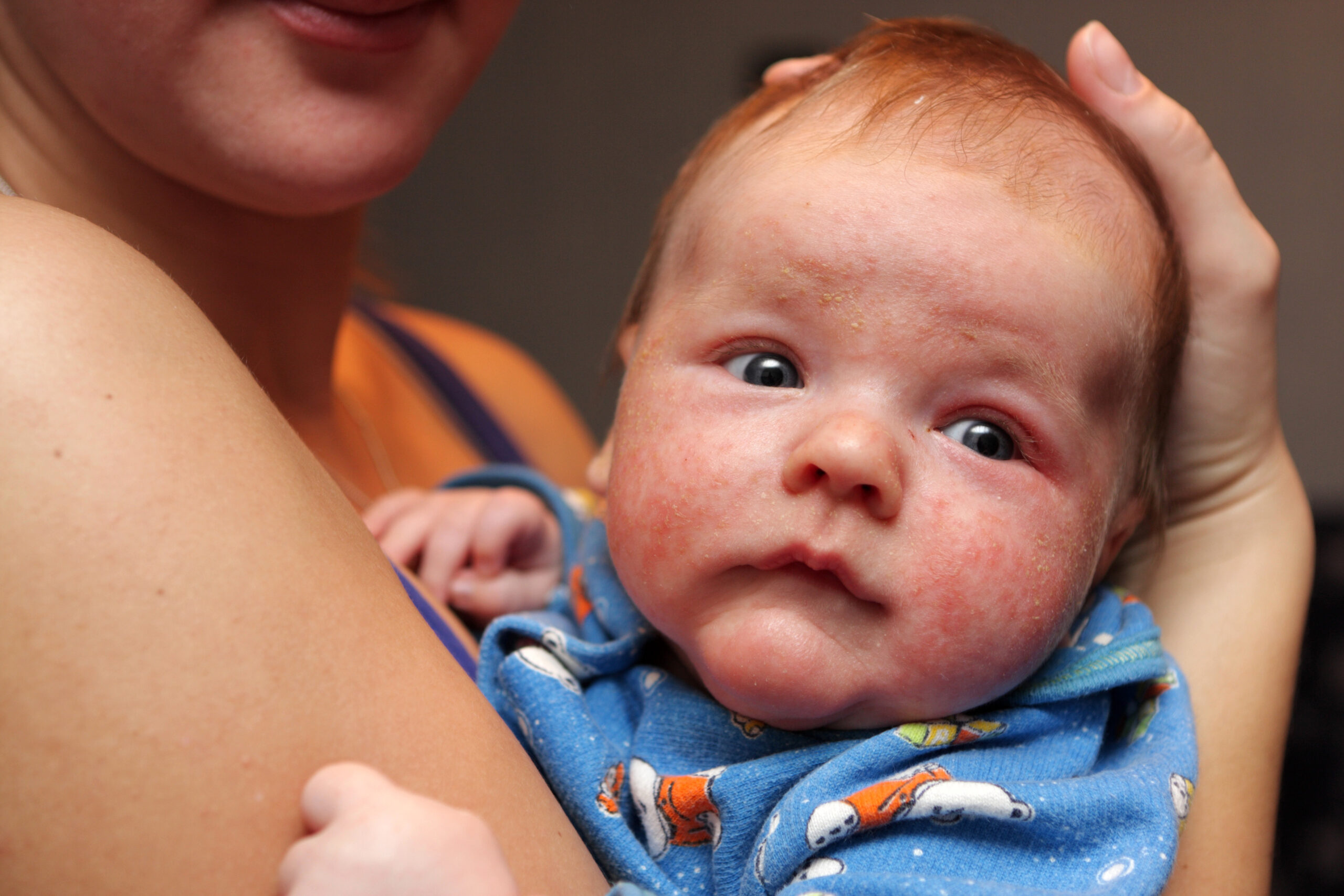Heatstroke in Children
Summer is finally here and that means it's time to be thinking about what you can do to keep your children safe in the hot weather. One of the most important things you can do as a parent is to make sure they stay cool enough to prevent heatstroke.
Heatstroke is a condition caused by the body overheating, usually due to prolonged exposure to - or physical exertion in - high temperatures. It can occur if your body temperature rises to 40 degrees Celsius or above and is more commonly experienced during the hot summer months.
The stage before heatstroke is referred to as heat exhaustion. Whilst this is less serious than heatstroke (and if treated can prevent progression to heatstroke), it is important to recognise the signs.

What are the symptoms of heatstroke in children?
Heatstroke presents itself in a similar way in children as it does in adults. However, children and adolescents are more vulnerable to heatstroke than adults, as they produce more heat with activity and sweat less.
As a parent, it’s vital to be aware of the symptoms of heatstroke and heat exhaustion and understand how to prevent it.
Symptoms of heatstroke and heat exhaustion include:
- a persistent headache
- thirst
- loss of appetite
- a high temperature of 38C or above
- nausea and cramps in the stomach
- cramps in limbs
- dizziness and confusion
- excessive sweating
- pale/clammy skin
- fast breathing and/or pulse.
“If your child has heat exhaustion, get them out of the heat as quickly as possible and into a cool, shaded place. Get them to lie down and raise their legs slightly; and make sure they drink plenty of water. Remove any tight clothing and try to cool their skin and lower their internal body temperature by sponging them with cool, wet towels.”
Dr Yiannis Ioannou
If you’re planning on travelling with children or taking trips abroad this summer, our guide on what to take with you when you travel with children has some useful advice.
If you have any concerns about your child, or you’re unsure whether your child is well enough and able to travel, you can arrange an appointment with your paediatrician.
Book your appointment
Click the button below to book your appointment.




